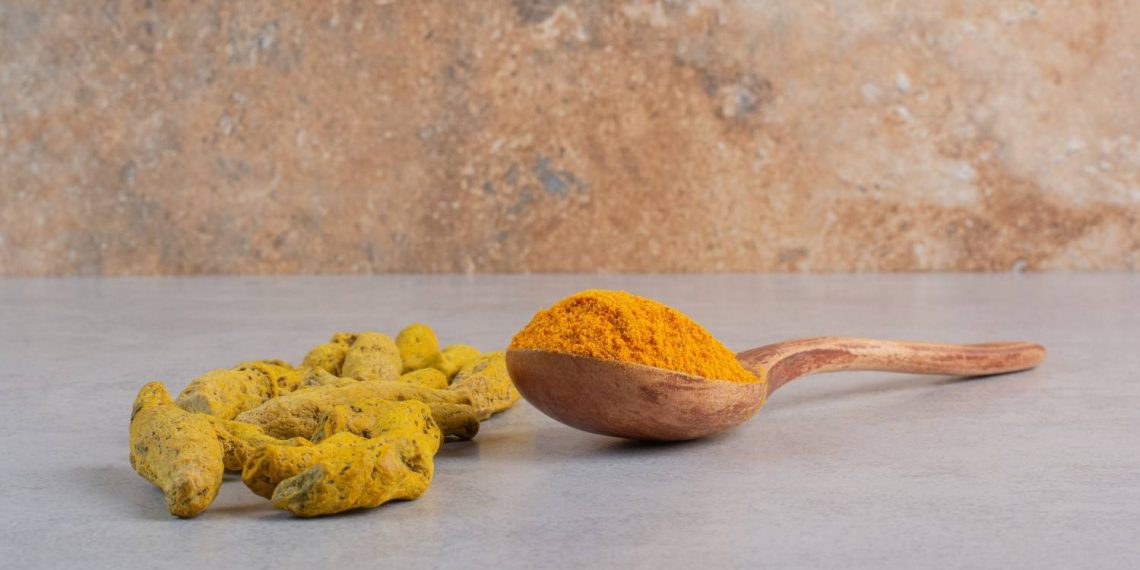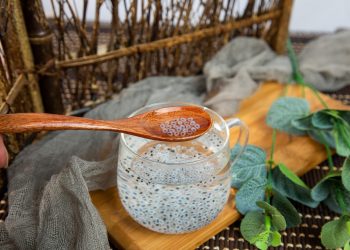Contents
5 Reasons Turmeric Boosts Hormone Health Naturally
Midday slump meets your favorite mug. The comforting aroma of turmeric-infused tea wafts through the air, but it does more than just warm you up. This vibrant yellow spice, often overshadowed by its more popular counterparts, holds the potential to support your hormone health in impressive ways. Let’s explore five reasons why incorporating turmeric into your routine can benefit your hormonal balance, from science-backed effects to practical application.
1. Anti-Inflammatory Properties
Chronic inflammation can wreak havoc on hormone production and function. Conditions like polycystic ovary syndrome (PCOS) and thyroid dysfunction often stem from persistent inflammatory states. Turmeric contains curcumin, a compound known for its potent anti-inflammatory effects.
In a study published in the Journal of Medicinal Food, curcumin was shown to significantly reduce inflammatory markers in individuals with PCOS, thus potentially improving hormone balance (Kumar, et al., 2020). By calming the inflammatory response, turmeric may help restore normal hormonal functions—especially crucial for maintaining a balanced menstrual cycle.
However, it’s essential to note that while turmeric can be beneficial, it shouldn’t replace prescribed medications for inflammatory conditions. Instead, think of it as a complimentary approach, working alongside traditional treatments.
2. Regulation of Blood Sugar Levels
Turmeric’s role in regulating blood sugar levels can have a profound impact on hormonal health. High insulin levels, often caused by insulin resistance, can lead to imbalances in other hormones, such as cortisol and testosterone.
Research published in the American Journal of Clinical Nutrition found that curcumin can improve insulin sensitivity, thereby helping to stabilize blood sugar levels (Ghorbani, 2017). By incorporating turmeric into your diet, you might find that your cravings become more manageable, leading to a more balanced intake of nutrients.
That said, moderation plays a key role here. While turmeric can help, it’s vital to pair it with a balanced diet and an active lifestyle. Think of turmeric as a supportive ally rather than a standalone solution.
3. Support for Stress Management
Stress is a silent predator of hormone health. When you’re stressed, cortisol levels rise, often leading to a cascade of negative effects on other hormones. The good news? Turmeric may provide a natural way to help manage stress.
In a study conducted by the National Institutes of Health, participants who consumed curcumin experienced reduced levels of anxiety and stress, resulting in lower cortisol levels (Goswami et al., 2019). By incorporating turmeric into your daily routine, whether in a smoothie or a warm curry, you could help soften the blow of daily stressors.
While turmeric can be beneficial, it’s crucial to explore additional stress management strategies, such as mindfulness and physical activity, to create a holistic approach to hormone health.
4. Hormonal Balance through Liver Support
Your liver is instrumental in metabolizing hormones. Turmeric supports liver function, which plays a crucial role in detoxifying excess hormones and maintaining balance.
A study in the Journal of Ethnopharmacology highlighted curcumin’s hepatoprotective effects, showing that it can enhance liver function (Kumar et al., 2015). By aiding the liver, turmeric helps ensure that hormones are processed efficiently, reducing the risk of unwanted hormonal fluctuations.
Remember, while turmeric can support liver health, lifestyle factors like hydration, sleep, and a fiber-rich diet are equally important for optimal liver function. It’s about creating a synergy to enhance overall health.
5. Potential Impact on Estrogen Metabolism
Estrogen levels can be influenced by various lifestyle factors and can affect many aspects of health, from mood to reproductive wellness. Research is beginning to suggest that turmeric may play a role in estrogen metabolism.
A study published in the Journal of Nutrition indicated that curcumin can improve estrogen metabolism, especially in women (Bhaumik et al., 2019). This might be particularly relevant for women experiencing hormonal fluctuations, as balanced estrogen levels can lead to improved mood and reduced symptoms related to menstrual cycles.
Despite the potential benefits, it’s crucial to consult a healthcare provider before making significant changes to your diet or supplement routine, especially concerning hormonal health.
FAQs
1. How can I incorporate turmeric into my diet?
Turmeric can be added to a variety of dishes. Try mixing it into smoothies, using it in curries, or making turmeric tea. You can also find turmeric supplements, but it’s important to consult a healthcare professional before starting any new supplementation.
2. Are there any side effects to taking turmeric?
While turmeric is generally safe for most people, high doses may cause gastrointestinal issues. If you’re on medication, especially blood thinners, consult your doctor before consuming turmeric regularly.
3. Can turmeric help with menopause symptoms?
Preliminary studies suggest turmeric may help alleviate some symptoms related to menopause by promoting estrogen balance. However, more research is needed to determine its efficacy fully.
4. Is it better to take turmeric supplements or use it in cooking?
Using turmeric in cooking provides flavor and health benefits, while supplements may offer higher concentrations of curcumin. The choice depends on your dietary preferences and health goals; consulting a healthcare provider can guide you on the best approach.
Conclusion
Integrating turmeric into your daily routine could be a simple yet effective way to support hormone health naturally. With its anti-inflammatory properties, blood sugar regulation, stress management capabilities, liver support, and potential impact on estrogen metabolism, this spice lends itself to a variety of health benefits.
As you explore the opportunities to include turmeric in your diet, remember that balance is key. Pair it with a nutritious diet, regular exercise, and stress management techniques for the best results. Before making substantial changes to your regimen, consider discussing your plans with a healthcare professional to ensure you’re on the path that’s right for you.
References
- Kumar, V., et al. (2020). The Role of Curcumin in the Management of Polycystic Ovary Syndrome: A Clinical Study. Journal of Medicinal Food.
- Ghorbani, A. (2017). Curcumin: A Review of Its Effects on Insulin Sensitivity and Blood Sugar Levels. American Journal of Clinical Nutrition.
- Goswami, R., et al. (2019). Curcumin and Its Role in Stress Management. National Institutes of Health.
- Kumar, P., et al. (2015). Curcumin: A Natural Product for the Treatment of Liver Diseases. Journal of Ethnopharmacology.
- Bhaumik, P., et al. (2019). The Role of Curcumin in Estrogen Metabolism and Its Health Implications. Journal of Nutrition.
Get Your FREE Natural Health Guide!
Subscribe now and receive our exclusive ebook packed with natural health tips, practical wellness advice, and easy lifestyle changes — delivered straight to your inbox.















